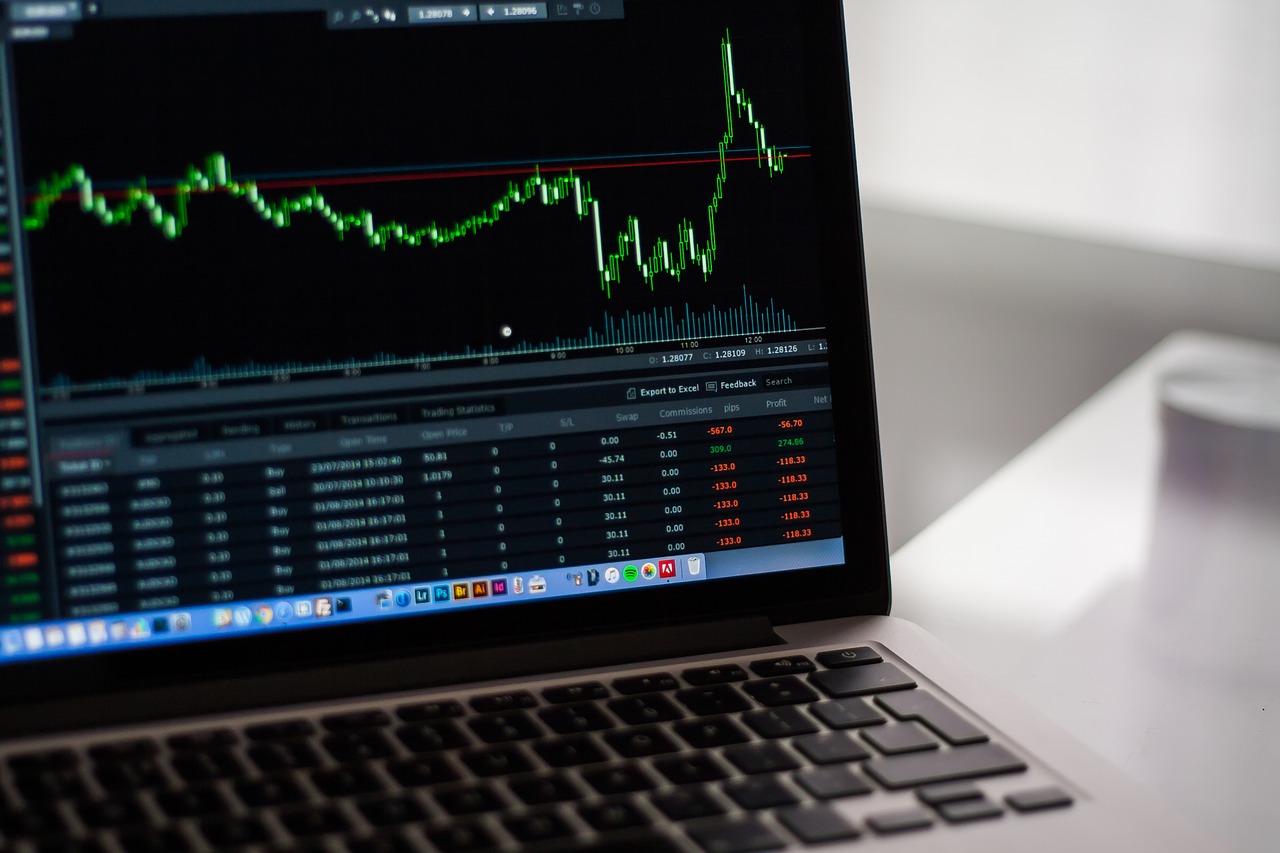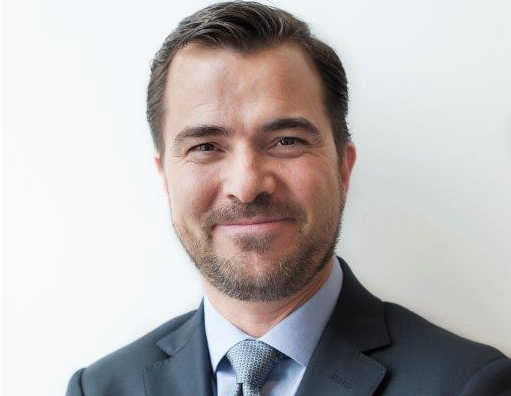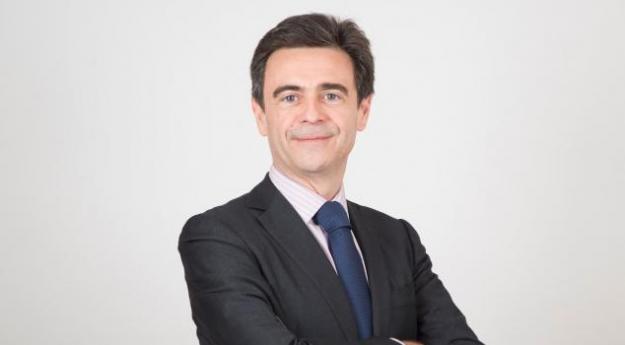El impeachment se suma a la lista de “ruidos” generados por Donald Trump en el mercado
| Por Beatriz Zúñiga | 0 Comentarios

Las tensiones comerciales con China, las relaciones migratorias con México e incluso la ironía a la hora de valorar el discurso de la activista Greta Thunberg han hecho que durante todo este año la polémica acompañe a Donald Trump, presidente de los Estados Unidos, en numerosos titulares. Los inversores y el mercado no son ajenos al ruido que estos eventos, así como sus tweets, generan; sin embargo son cautos a la hora de seleccionar cuáles realmente les afectan.
Ahora Trump ocupa los titulares por enfrentarse a un impeachment -que por ahora ha sido aprobado en la Cámara de Representantes-, convirtiéndose en el tercer presidente de Estados Unidos en someterse a un juicio político. Según los analistas, todo este proceso no tendrá un gran impacto sobre las bolsas porque es complicado que llegue a culminarse, ya que debe pasar, a principios del próximo año, por el Senado, donde los republicanos tienen el control.
“Es poco probable que esto lo lleve a su destitución debido a que es necesaria una segunda votación en el Senado controlado por los republicanos. Como resultado, los mercados han ignorado en gran medida los procedimientos hasta el momento”, señalan los analistas de eToro.
Lo que sí se ha debilitado ligeramente ha sido el dólar. Según apunta Monex Europe en su último informe, “estos eventos tuvieron un moderado impacto en las cotizaciones del billete verde, que abrió la mañana del jueves en una nota más débil frente a sus principales pares”.
Las “batallas” de Trump
En torno a la figura de Trump, los analistas y el mercado están mucho más centrados en cómo evolucionen las relaciones comerciales entre China y Estados Unidos, y en su campaña de reelección. Dos temáticas que todas las firmas de inversión han incluido en sus perspectivas para 2020 y vigilan por el impacto que puedan tener en la economía estadounidense y en la economía global.
“La incertidumbre entorno a la guerra comercial entre ambos países ha quitado un 1% al crecimiento global. Y en los mercados todo el mundo ha asumido y contado con que habría cierto impacto para todos”, explica Nicolo Carpaneda, director de inversión para Latam y España de M&G.
Con la vista puesta en su reelección, desde Fidelity apuntan que otro riesgo clave para los mercados podrán ser sus resultados. “Si Elizabeth Warren se convierte en la candidata del Partido Demócrata o el proceso de destitución se lleva por delante a Donald Trump, las cotizaciones de las empresas estadounidenses podrían sufrir”, señala la gestora en su documento de perspectivas para 2020.
Desde BlackRock añaden que los inversores pueden enfrentarse a más riesgos o “interrupciones” en el comercial mundial si Trump fuese reelegido. “En cambio, la perspectiva de una administración demócrata que aumente los impuestos corporativos y endurecimiento de los estímulos fiscales, ya sea en forma de infraestructuras verdes o recortes de impuestos, es posible si cualquiera de los partidos obtiene el control del poder ejecutivo y legislativo”, matiza en su outlook para el próximo año.









